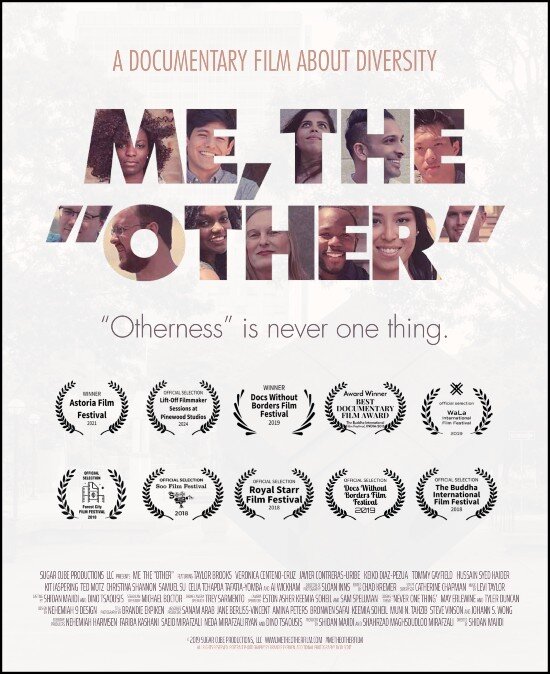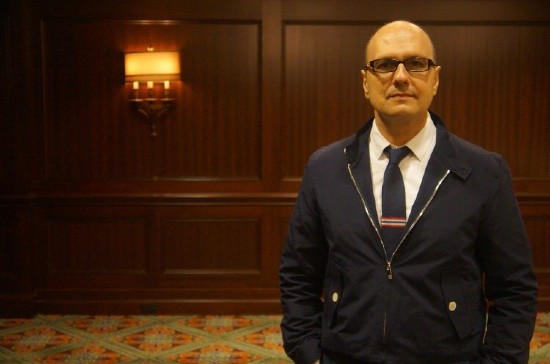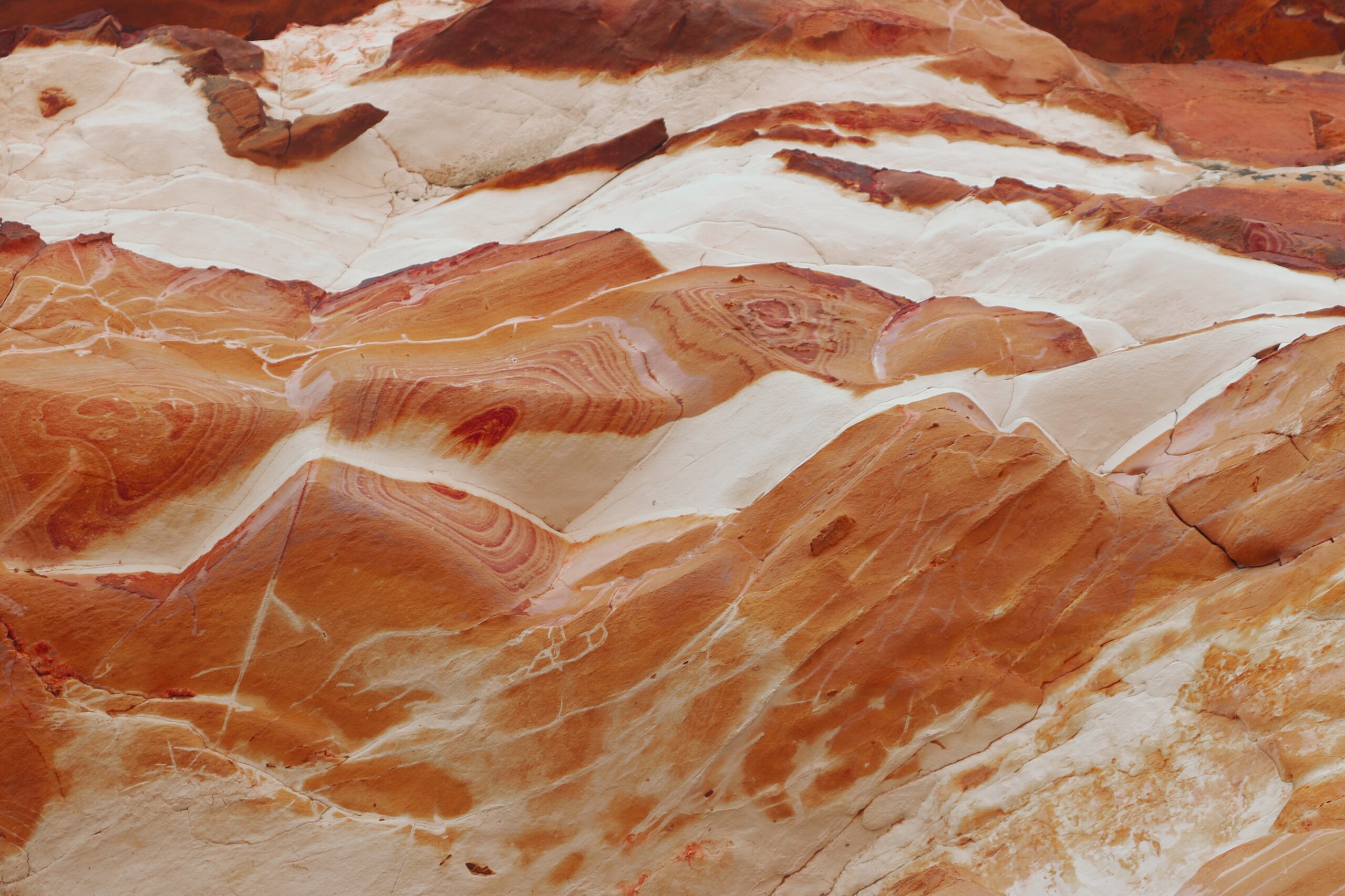Highlighting Australia
- As a proudly Australian initiative, we’re excited to showcase a collection of Australian stories, music, tributes and more.

Join activities, celebrations, study groups, spiritual empowerment and education programs for young people, and more.
Baha’i beliefs address essential spiritual themes for humanity’s collective and individual advancement. Learn more about these and more.


While travelling in the United States, I met up with my dear friend Shidan Majidi, a director and producer, and learned about his documentary called Me, the “Other” which aims to foster an understanding of the oneness of humanity through the personal stories of its 12 diverse protagonists. The film won several awards including Best Picture at New York City’s Astoria Film Festival and I’m delighted he agreed to share with us about it!
Can you please tell us a little about the film?
Me, The “Other” is a documentary film set in three college campuses in Michigan. Twelve students from very diverse backgrounds share their personal stories about how they struggle to find their place in a world where they’re made to feel that they don’t belong. Their stories weave together a rich narrative of experiences with racism, sexual harassment, chronic illness, sexual orientation, gender identity, religious prejudice, immigration struggles, DACA challenges, mental health issues, and more. The film is a collection of short stories that reveal a profound commonality despite perceived differences. We are all “others,” and it is our shared humanity that makes us truly human.
Can you tell us a little bit about yourself?

I’m an Iranian-American who has experienced a challenging life journey as an “other” in countless ways. Born to a Baha’i family, we were ostracized in our motherland, Iran. My parents left the country to find a new home in other parts of the world but no matter where we went, acceptance was a constant test in the face of prejudice. Otherness also presented itself in other ways. My Iranian culture expected me to study medicine, law, engineering or other “respectable” educational options. My strong intuition told me to follow my heart. I knew I was a storyteller and was passionate about theater and film. From a very young age I believed that sharing stories would be the greatest healing medicine for the world, and the Baha’i Writings were inspirational in terms of placing the arts in such an esteemed and spiritually-elevated station. I graduated with a double major in Film and Theater in Perth, Australia and set off to continue my higher education in New York City where I’ve spent most of my life working on Broadway on some of the world’s beloved musicals including “Les Miserables,” “The Phantom of the Opera,” “Miss Saigon,” “Mary Poppins,” and the Academy Award-winning film of “Les Miserables” starring Hugh Jackman and Anne Hathaway.
What inspired you personally to make this film?
2016 was a significant year in the evolution of our planet. A presidential election in the United States brought a wave of fear and anxiety to many marginalized communities. Systemic injustices and biases that had been perpetuated for far too long were finding a voice through hashtags and news stories. As an artist, I felt compelled to add my voice to this resounding chorus. 2017 marked the bicentennial celebrations of the Birth of Baha’u’llah. Dr. Shahrzad Mirafzali, my co-producer and I decided to make this film to explore one of Baha’u’llah’s most fundamental teachings which is the principle of “oneness.” There are various realms of oneness as described in the Baha’i Writings, but our film’s focus was the principle of the oneness of humanity. In order to understand the deeper implications of this, we felt that it was important to expose “otherness” as a human construct by hearing stories of those who have been marginalized in our communities as an “other,” and to see that behind the stereotypes and generalizations, there are human souls who are on the exact same journey as “me.”
What do you hope viewers will walk away with after watching the film?
The social issues and conditions explored in Me, The “Other” are just as relevant today as they were several years ago when we released the film. I believe that the only way to address the divides in this polarized world is through grassroots community-building projects and initiatives that will allow us to interact personally and deeply through authentic conversations and connections. Our film has been screened by schools, colleges, community centers, libraries and offices around the world. The film screening is usually followed by a workshop (devised by Michigan State University specially for our film) that creates opportunities for audiences to discuss the film more intimately and voice their opinions, and exchange their own stories that were inspired by the characters and situations in Me, The “Other”. It’s a conversation of souls and a useful tool to allow viewers to talk about issues we either shy away from, or are scared to confront. We’ve found that these post-screening conversations are the most effective way to start a process that would: address stigmas, break down barriers, confront stereotypes, challenge misconceptions, dispel myths, take action to combat biases and prejudices, raise awareness, inspire empathy and understanding. These are essential steps towards building prejudice-free communities. Our website features a page (‘You & Me, The “Other”) where we’ve posted creative community-building stories from around the world that were inspired by the film. One of my favorites is a story from a town called Spearfish in South Dakota. A local arts gallery set a contest for their town to submit portraits of individuals in their community. Each portrait was accompanied by an autobiographical statement that told the story of “the other” behind the portrait. The photographs were curated and displayed in the gallery. The opening of the exhibition was launched after the screening of Me, The “Other” in a local theater where they all shared the human experience of being an “other.”
What were some of the challenges or learnings you had from making this film?
The first challenge and the most disheartening one was coming to terms with religious and conservative communities that dismissed the film because of the stories that dealt with issues such as gender identity and sexuality. The purpose of this film is to allow us to start having honest conversations about these “taboo” subjects. How can we otherwise coexist authentically and attain the spiritual goal of our innate oneness?
The other challenge in filmmaking is raising money to be able to tell stories that matter. As a community, we have yet to grasp the importance and value of the arts. The creative landscape is becoming increasingly rich as more and more Baha’is are pursuing careers in the performing and creative arts, making a notable impact in the industry. Investment in the arts requires an astute sense to be able to feel the importance of the story, and most importantly, to be able to feel the pulse of the planet and understand its needs. As a doctor prescribes medication to treat a disease, investors and producers need to understand the value of stories that can treat the spiritual dis-ease of the world. Storytelling is undeniably a powerful, healing, empowering, inspiring, educational, transformative medium that has the ability to make a positive impact on people’s lives and the world. Baha’u’llah says, “The true worth of artists and craftsmen should be appreciated, for they advance the affairs of humankind.”
What advice would you have to others who want to make a film?
Religious history has never articulated the role and importance of the arts in relation to spiritual growth and awareness until the Dispensation of Baha’u’llah. Charged with this powerful mission, Baha’i filmmakers should be diligent in their efforts to make a positive impact which all begins with telling a good story. As “location, location, location” is to real estate, I always say that, “story, story, story” is to film. In recent years, new Baha’i producers have entered the scene with access to funds and I hope that they will soon tap into trained, experienced, sophisticated Baha’i storytellers who can understand the commercial and spiritual value of an impactful story. My best advice to artists is to actively tune in to the heartbeat of our planet and in it, you’ll find the pulse to the important stories.
What are you currently working on?
I’m working on a number of projects. For the past several years, I’ve been researching and developing a documentary film called Climbing My Everest–a compelling story about mental health and how an 18 year-old Kashmiri, Rizza Alee, set himself with extreme physical challenges, including climbing Mt. Everest, to combat the pressures of the illness. The film is very timely in a world that is experiencing mounting mental health challenges, especially among our youth, but is still shrouded with the stigmatization and prejudices connected with the illness. The obvious obstacle to the completion of the project has been raising funds. We were fortunate to collaborate with Mehr Mansuri and the Baha’i not-for-profit Children’s Theater Company as our fiscal sponsor so contributions to the film are tax-deductible. We urge Bahai’s to get behind this exquisite film by contributing any amount.
The other project I’m working on as writer and lyricist is a musical called The Speaky for Ridvan Foxhall and the New Era Creative Space. The story is set in a high school and, similar to Me, The “Other,” deals with the social issues and challenges of the youth. We’re crafting it as a stage musical that can eventually be adapted as a web series.
Where can people learn more about the film and watch it?
You can find out more information about Me, The “Other” and watch it at: www.metheotherfilm.com. Please consider this film as a powerful and effective tool in community-building and gift it to your local schools, colleges, city councils, community and religious centers by sponsoring screenings and workshops. Send us the creative stories and photos of your local screenings and we’ll share them on our website and social media.
Thank you so much, Shidan, for taking the time to share this with us!
Find out more about Me, the “Other” by visiting the film’s website and check out its trailer below:
"*" indicates required fields

We recognise their continuing connection to land, waters and community. We pay our respects to Aboriginal and Torres Strait Islander people and their cultures; and to elders both past and present.
The views expressed in our content reflect individual perspectives and do not represent authoritative views of the Baha’i Faith.

Visit the site of the
Australian Baha’i Community
and the Baha’i Faith Worldwide
Notifications
Can’t find this film “Me, The Other” anywhere. Vimeo doesn’t have it. YouTube doesn’t have it. What’s the story?
Appreciate any info.
Regards
George Karko (March 3, 2025 at 2:20 PM)
Hi George, You can find out more by visiting the film’s website https://metheotherfilm.com/. Thanks for asking!
Sonjel Vreeland (March 3, 2025 at 6:57 AM)